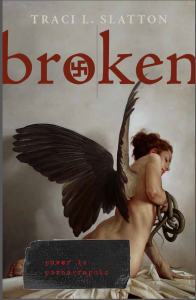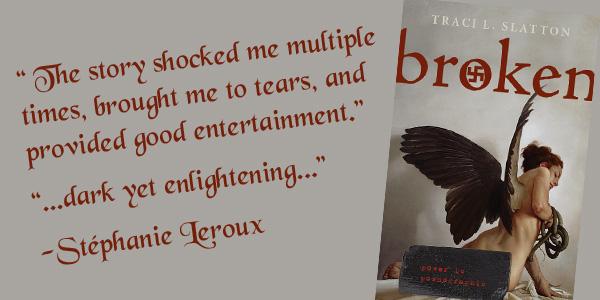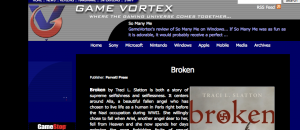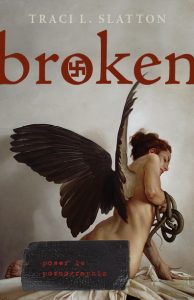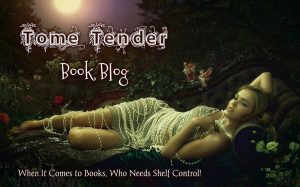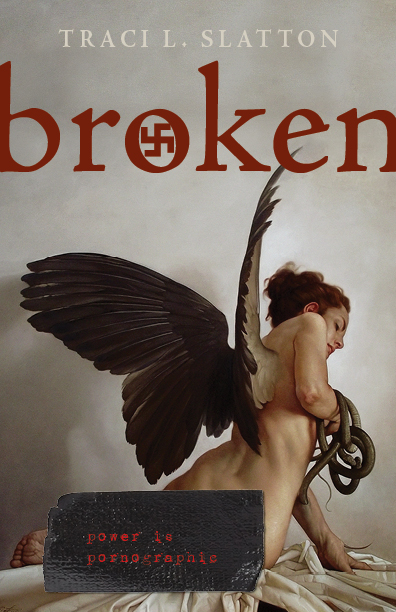Among the myriad ways to categorize people is one I have developed over the course of my life. It has to do with the paradigm a person subscribes to. That is, is this person about power or is he or she about freedom?
I have found that people usually fall into one of those two camps. Not always, of course, and there’s flow back and forth. Even people who believe in freedom can race into a power struggle when they feel unsafe.
As a general thing, people who seek power are looking for power over other people. They tend to develop skills for manipulation, currying favor, seduction, and insinuation, especially the sly delivery of a put down or a compliment, the aim of either being to control the other person’s feelings and achieve a desired result.
Power-mongers’ diction will be full of phrases like “squash them like a bug,” “hold them in the palm of my hand,” “grind them to dust,” “kick their ass,” “beat them to a pulp,” etc. You get the idea. This soul-less paradigm sees people as either winners or losers; other people are objects to be used, objects who either gratify or thwart the power-monger.
People who source themselves in freedom take a different approach. They look for mutuality and reciprocity, for the “win-win” solution, for everyone to feel seen and validated. Their language sounds different, you can hear it immediately. There’s reference to inclusiveness and respect, respect for both self and other people. “We’re in this together” and “let’s resolve this.” Words tend to be courteous. Praise is given out of kindness or because it’s earned, but not to sway the other person into a desired behavior. Notice that “kindness” and “respect” are the operative modes.
I think it takes a lot of inner strength to choose to seek freedom. It takes faith, perhaps even a certain amount of enlightenment. I think it’s a choice each person has to make regularly, because in the flow of life, we regularly encounter challenges and tests. Who are we going to be? It’s the question we face every moment as we choose our paradigm, our Source.
I’m deep in the next draft of this WWII novel of mine, BROKEN. It’s brought up all these reflections because the second world war perfectly embodied issues of power and freedom. That is, the Nazis sought power over other people–over just about everyone. And they were perfectly willing to take away the freedom of anyone who disagreed with them, or anyone who bore the “stigma” of Nazi projections of inferiority: Jews, gays, Gypsies, Jehovah’s Witnesses, Poles, Socialists, Communists, etc.
The Nazis believed in an embedded hierarchy that their god had established. I have come to understand that the belief in an external, hierarchical, gendered god–and by gendered I mean patriarchal–is the origin of a great deal of evil in the world.
So here’s the next draft of the cover of BROKEN.
